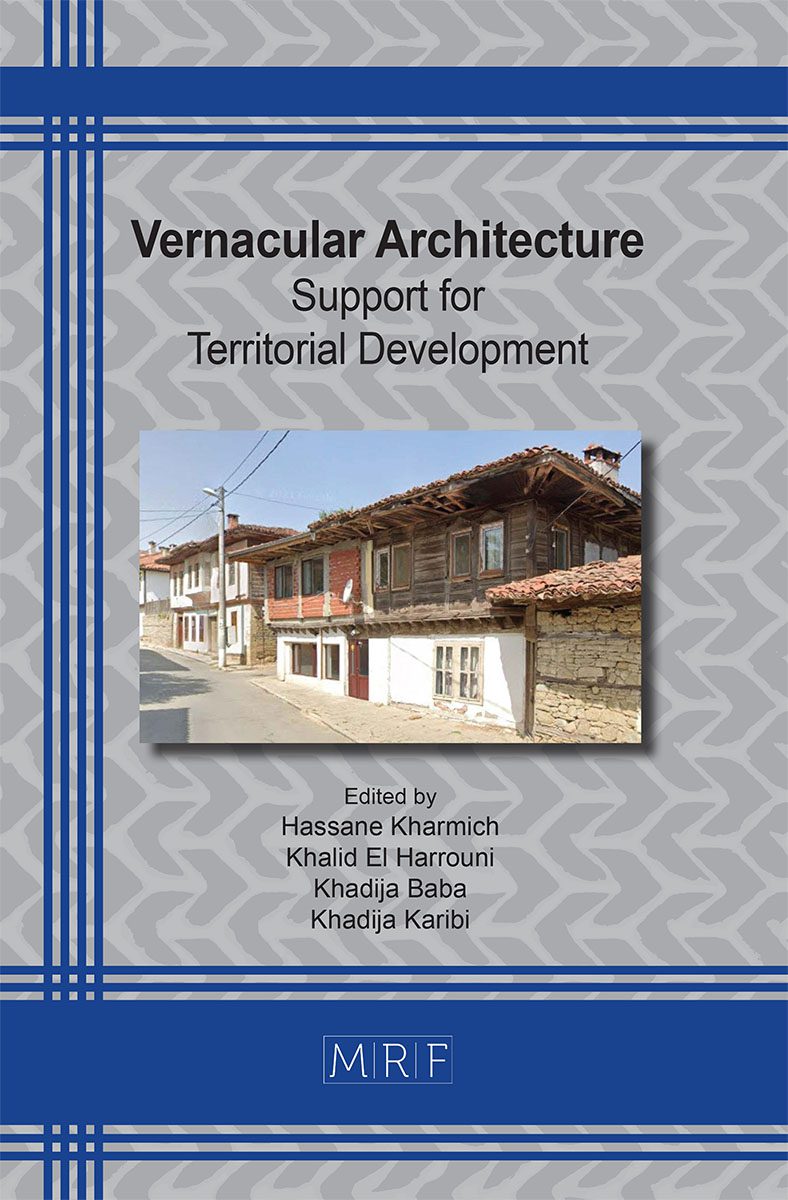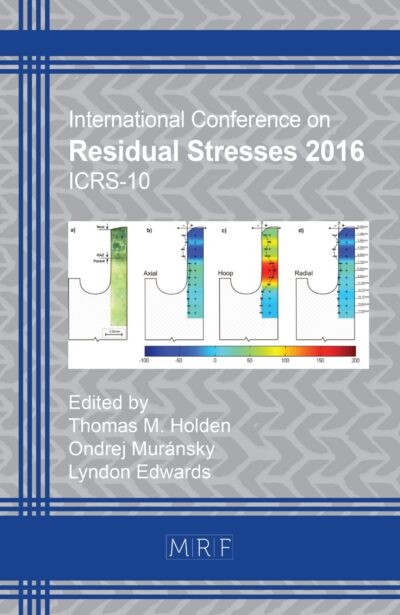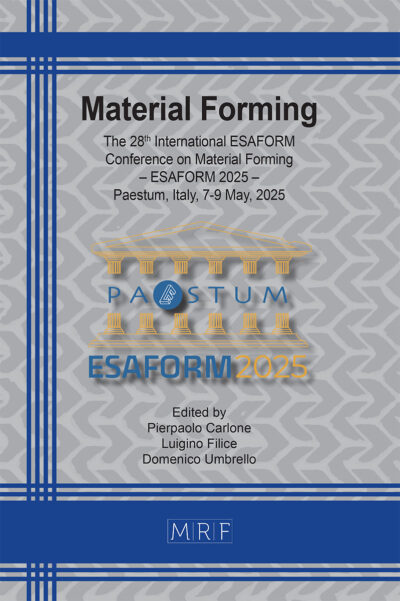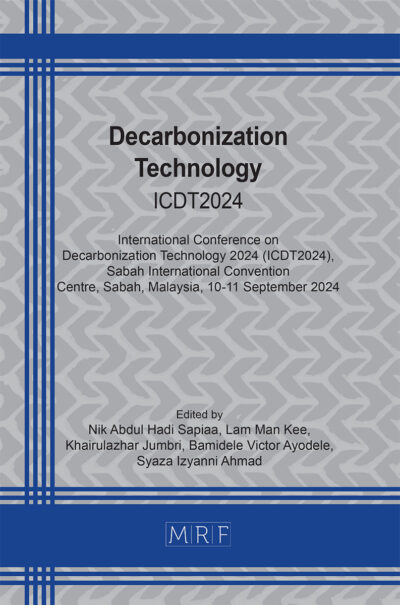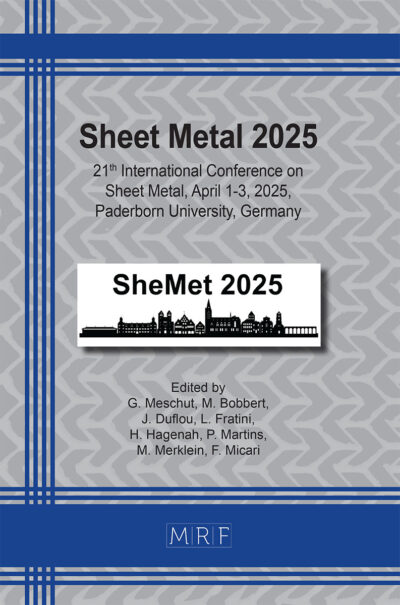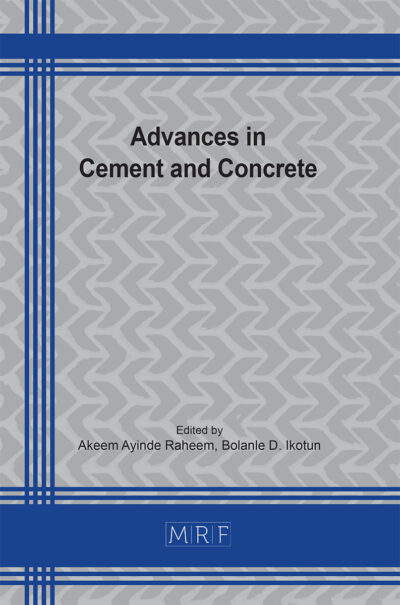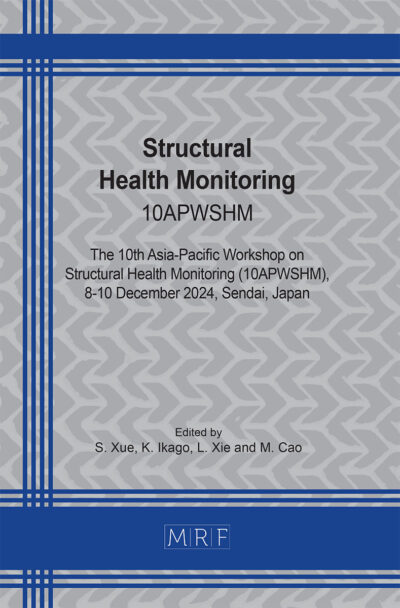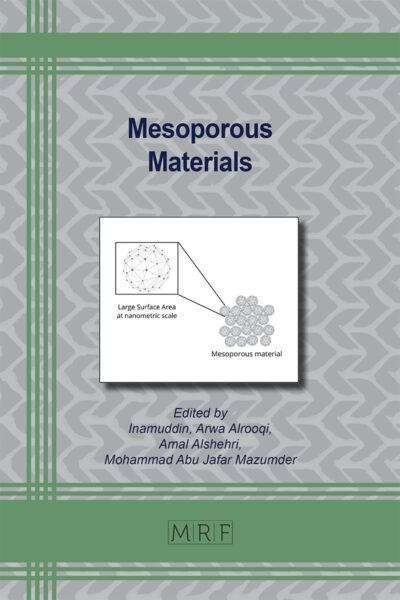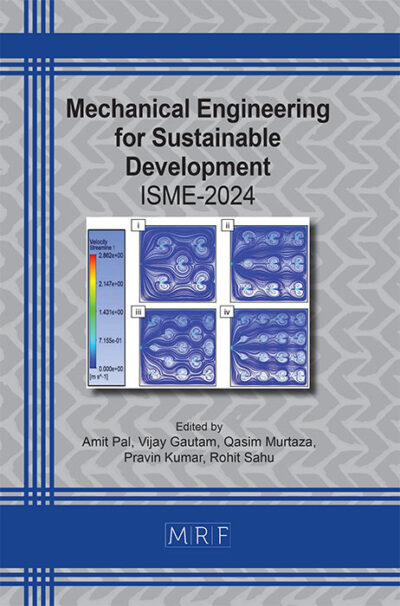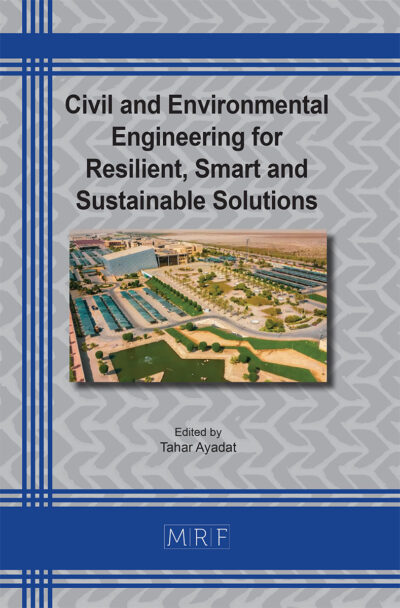Hydraulic networks and vernacular architecture: Ingenuity and sustainable management of a vital resource
Ouafa MESSOUS, Khadija KARIBI, Karima BERDOUZ, Nezha TLEMÇANI MEKAOUI
Abstract. The scarcity of water resources, exacerbated by demographic pressures and climate change, presents a significant challenge to contemporary societies. Ancient hydraulic networks and vernacular architecture, developed by communities in response to arid environments, offer valuable insights into resilient and sustainable water resource management. Rooted in an intimate understanding of local ecosystems, these systems reflect the ingenuity of past societies in achieving a hydrological balance within fragile environments. This paper examines these historical water management strategies, exploring how the principles of modularity, simplicity, and adaptability embedded in these systems can inspire contemporary sustainable water management solutions. By analyzing traditional hydraulic networks, particularly the systems in Moroccan cities like Figuig, Fez, and Tetouan, this study reveals how ancient water distribution, governance, and social engineering models continue to offer relevant and low-cost solutions adaptable to modern water scarcity challenges. Through case studies and primary source analysis, the resilience of these networks underscores their potential as a model for contemporary sustainable water strategies, emphasizing the importance of integrating ancestral knowledge with modern technologies to address pressing environmental demands. This research advocates for a hybrid approach that combines heritage preservation with innovation, ensuring resource sustainability for future generations.
Keywords
Hydraulic Networks, Vernacular Architecture, Water Scarcity, Sustainable Management, Resilience
Published online 1/10/2025, 15 pages
Copyright © 2025 by the author(s)
Published under license by Materials Research Forum LLC., Millersville PA, USA
Citation: Ouafa MESSOUS, Khadija KARIBI, Karima BERDOUZ, Nezha TLEMÇANI MEKAOUI, Hydraulic networks and vernacular architecture: Ingenuity and sustainable management of a vital resource, Materials Research Proceedings, Vol. 47, pp 354-368, 2025
DOI: https://doi.org/10.21741/9781644903391-40
The article was published as article 40 of the book Vernacular Architecture
![]() Content from this work may be used under the terms of the Creative Commons Attribution 3.0 license. Any further distribution of this work must maintain attribution to the author(s) and the title of the work, journal citation and DOI.
Content from this work may be used under the terms of the Creative Commons Attribution 3.0 license. Any further distribution of this work must maintain attribution to the author(s) and the title of the work, journal citation and DOI.
References
[1] Abboud, H.A. New Issues in the History of Tetouan: Water, Urban Development, and Society. Tetouan: Series of Publications by the Mohammed Ahmed bin Abboud Foundation, 2023.
[2] ERRAMI Khalid. Water Resource Management in Tetouan through Habous, Family, and State Resources. Rabat: Ministry of Endowments and Islamic Affairs Publications, n.d.
[3] ERRAMI Khalid. The Original System of Water Distribution in the City of Tetouan (1862-1913). Tetouan: Publications of the Asmir Association of Tetouan, 2008.
[4] El-Fassi, M. Figuig: Resilient Oasis on the Desert’s Edge. Casablanca: Éditions du Maghreb, 2015.
[5] El Hassan, A. Traditional Water Management Systems in Moroccan Oases. In: F. Zohra (Ed.), Oases of the Maghreb: Environmental and Social Challenges, Rabat: University Press, 2018, pp. 123-145.
[6] Fazza, M.A., Aftit, M., Jamal. The Oasis and Societal Transformations: Human, Space, and Society. Rabat: Mohammed V University, Faculty of Letters and Human Sciences, 2023.
[7] Hamouda, H. Water and the Making of the Sacred: An Anthropological Study of Oasis Society Structures in Morocco. Rabat: Mohammed V University, Faculty of Letters and Human Sciences, 2024.
[8] Mellouli Idrissi, A. The Water System of Fez: A Historical, Field, and Documentary Study, 2023.
[9] Ministry of Agriculture and Maritime Fisheries. Report on Water Management in Moroccan Oases, Ministry of Agriculture, last modified March 15, 2022.
[10] https://www.agriculture.gov.ma/rapport-oasis.
[11] Ministry of Agriculture and Maritime Fisheries. Report on Water Management in Moroccan Oases. Rabat: Ministry of Agriculture, 2020.
[12] Vallat, J.P., et al. Moroccan Heritage: An Oasis at the Heart of Cultures. Paris: L’Harmattan, 2014.

